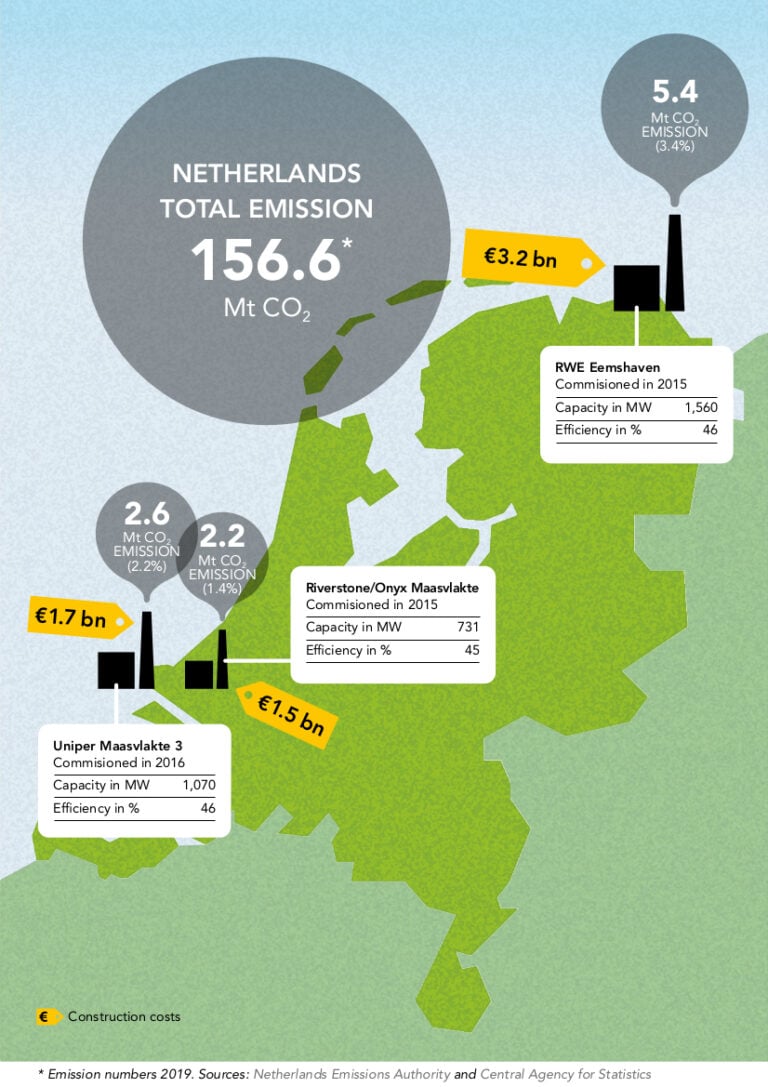
Dutch court dismisses damage claims by RWE and Uniper
The Dutch government will not have to pay damages to energy giants RWE and Uniper, a Dutch court in The Hague ruled today(opens in new window) . The energy companies had filed claims of EUR 1.4 billion and EUR 1 billion respectively against the Dutch state, claiming the ban on coal-fired power generation by 2030 was a form of expropriation. The court held that the coal ban does not unlawfully infringe on property rights and that it was foreseeable to the owners of the coal-fired power plants.
“This ruling is an important victory for the climate and the phase-out of fossil fuels. The ruling prevents polluting companies that knowingly invest in climate-disrupting activities from evading responsibility. They must now pay for their investment decisions themselves. That benefits a fair energy transition,” said Bart-Jaap Verbeek, researcher at SOMO.
Coal ban was foreseeable
The 2019 Law banning the use of coal in electricity generation (WVK) prohibits the use of coal in electricity generation by 2030. This is in line with the Dutch government’s commitment to implement the Paris climate agreement and to reduce CO2 emissions in the Netherlands. However, RWE and Uniper opened two brand-new coal-fired power plants in 2015 and 2016, and have claimed that the WVK was unforeseeable, depriving them of future prospects for the plants.
The companies say they relied on the fact that they would be allowed to produce electricity from coal until the end of the plants’ lifetime (at least 40 years), and that participation in the European emissions trading system would be their only obligation with regard to CO2 emissions. Instead, due to the WVK, the value of the coal-fired power plants will fall sharply and both companies will suffer great losses.
In addition, RWE and Uniper argue that the WVK is not effective as a climate measure because the growing demand for electricity will be met by other power plants abroad. According to the companies, the WVK places a disproportionate burden on energy companies, while Dutch society as a whole has benefited from low energy prices.
According to the court, however, the measures taken by the Dutch government with the coal ban to reduce CO2 emissions were proportionate, with the interests of the owners sufficiently taken into account. The court found that “it was foreseeable to the owners that such a ban would be imposed if the plants’ emissions were not very significantly reduced before 2020”, which did not happen at Uniper’s MPP3 plant and RWE’s Eemshaven plant. The court also took into account that the owners could still realise revenues and mitigate damages with the coal plants during the transition period offered.
International arbitration case
RWE also has pending proceedings at the International Centre for Settlement of Investment Disputes (ICSID) in Washington, where an arbitral tribunal consisting of three lawyers is examining whether the coal ban violates the Energy Charter Treaty (ECT). The ECT is an international treaty that protects investors in the energy sector. The ICSID proceedings are currently suspended for a period of eight months, pending a ruling in the appeal lodged by RWE to the German Federal Court on the admissibility of the international arbitration procedure. Uniper had also initiated such ICSID proceedings, but is likely to withdraw them at the request of the German government.
Do you need more information?
-

Bart-Jaap Verbeek
Researcher
Related content
-
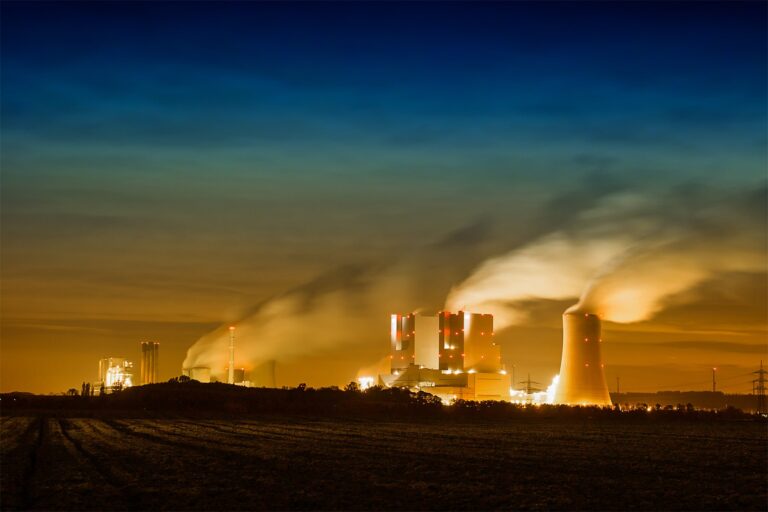 Coal company sues the Netherlands over controversial investment treatyPosted in category:NewsPublished on:
Coal company sues the Netherlands over controversial investment treatyPosted in category:NewsPublished on: -
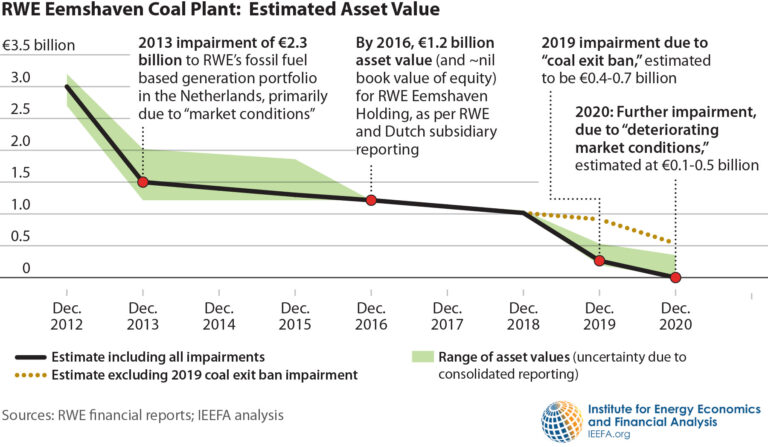 Research undermines billion euro “compensation” claims by German energy companies for Dutch coal phase-outPosted in category:News
Research undermines billion euro “compensation” claims by German energy companies for Dutch coal phase-outPosted in category:News Bart-Jaap VerbeekPublished on:
Bart-Jaap VerbeekPublished on: -
NGOs are calling on EU vice president Frans Timmermans to withdraw from the ECTPosted in category:Published on:Statement
-
COP27: EU adoption of a “modernised” Energy Charter Treaty would open door to more climate chaosPosted in category:Opinion
 Bart-Jaap VerbeekPublished on:
Bart-Jaap VerbeekPublished on: Bart-Jaap Verbeek
Bart-Jaap Verbeek -
 The Netherlands wants to exit Energy Charter TreatyPosted in category:News
The Netherlands wants to exit Energy Charter TreatyPosted in category:News Bart-Jaap VerbeekPublished on:
Bart-Jaap VerbeekPublished on: -
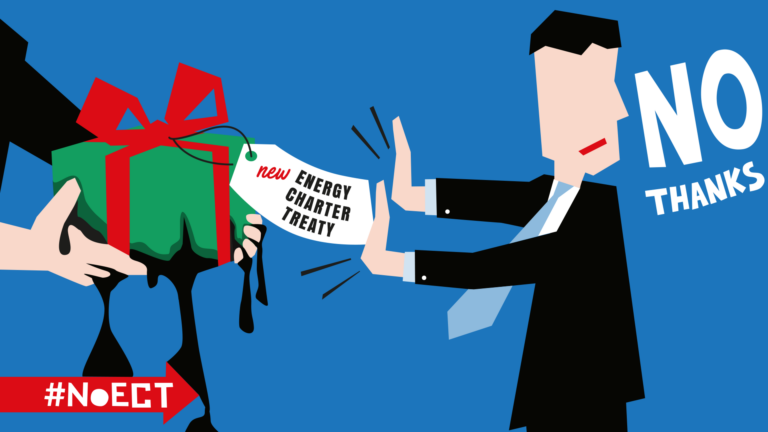
-
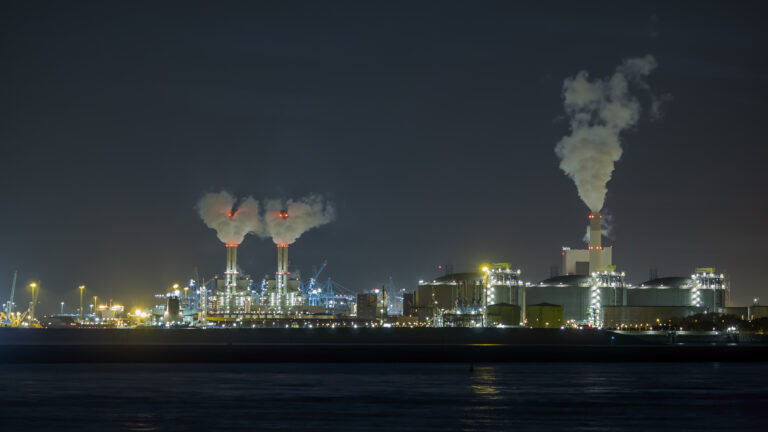
-
